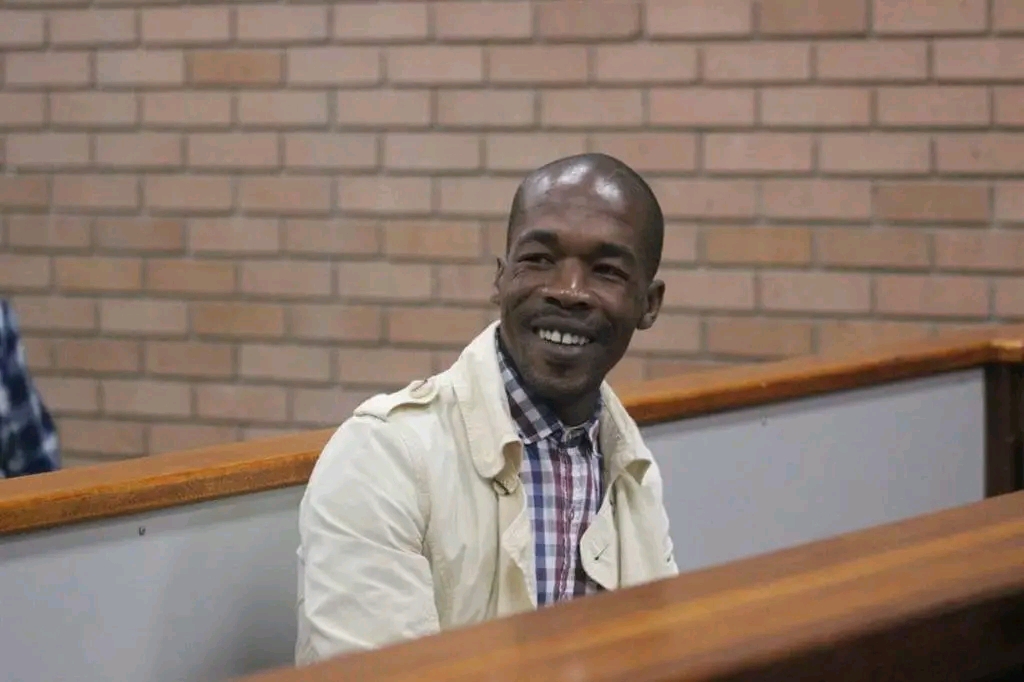
In a significant ruling, the Free State High Court in Bethlehem sentenced Kamohelo Motankisi, the perpetrator of the Kestell farm massacre, to a staggering 210 years in prison on October 24. This harsh sentence follows Motankisi’s conviction on multiple serious charges, including seven counts of murder, robbery under aggravating circumstances, sexual assault, and housebreaking.
## Details of the Crimes
Motankisi received a life sentence for the murders of Binto Smit, her son Rhudi, and five farm workers: Nokufa Monareng, Lerato Moloi, Mothoduwa Moloi, Nomasonto Zulu, and Nomasontsha Maduna, all of whom were brutally killed on October 15. In addition to the life sentence, he was sentenced to 15 years for robbery, 10 years for two counts of sexual assault, and five years each for possession of an unlicensed firearm and housebreaking. Importantly, all sentences are set to run concurrently with the life imprisonment term.
## Judicial Remarks
During sentencing, Judge Celest Reinders acknowledged the complexity of her task. She emphasized the importance of imposing a sentence that reflects the severity of the crimes while considering public interest. The judge highlighted the widespread nature of violent crime in South Africa, stating that her decision needed to resonate with the broader context of rising murder rates.
Judge Reinders vividly described the horrific scene of the crime, noting the emotional impact on the witnesses and the families affected. “The gravity of murders cannot be overstated,” she remarked, referencing the lasting devastation felt by victims’ families.
## Defense Arguments and Prosecutorial Response
The defense, represented by Advocate Mzingizi Vulindlela, argued for a more lenient sentence, citing Motankisi’s age—35 years—and his status as a married father of two. The defense claimed he showed remorse by admitting guilt and suggested he could be rehabilitated. However, Judge Reinders countered these arguments by agreeing with State Prosecutor Advocate Antonette Ferreira, who stressed that Motankisi displayed no mercy in his actions, brutally harming his victims without regard for human life.
Furthermore, the judge noted that reports from family members illustrated the profound impact of the crimes, asserting that Motankisi had shown a blatant disregard for the lives he destroyed.
## Co-Accused Sentencing
In a related development, another accused, Lerato Selepe, admitted guilt early in the trial and received a 30-year sentence. He became a state witness and attributed the brutal attacks primarily to Motankisi, aiding in the prosecution’s case.
## Final Thoughts
The courtroom was filled with emotion as families of the victims reacted to the verdict. Motankisi’s request to apologize to the victims’ families was met with chaos, underscoring the deep pain his actions inflicted. Judge Reinders’ comments on Motankisi’s manipulative tactics during the trial further illustrated the lengths to which he went to evade justice, causing additional suffering for the bereaved families.
This ruling sends a clear message about the judiciary’s commitment to confronting violent crime and ensuring that justice is served for victims and their families.




